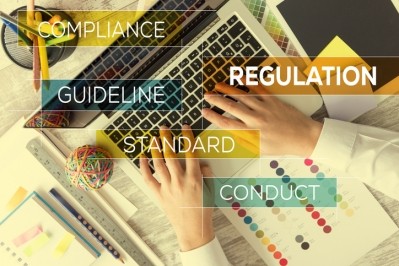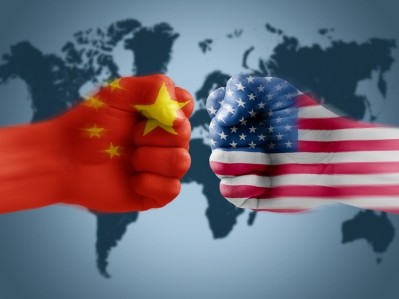No deal Brexit: Guidance update for UK agribusiness on imports

New guidance has been published by the UK’s Department of Environment, Food and Rural Affairs (Defra) to ensure imports in animals, animal products, food and feed can continue in the event that the UK leaves the EU without a deal.
“After the UK leaves the EU, you’ll still be able to import animals, animal products, food and feed whether from the EU or elsewhere. However, the process for notifying the UK authorities of these imports will change. Some import requirements from the EU to the UK may also change.”
If the UK leaves the EU without a deal on 29 March, companies will no longer have access to the EU’s import process, Trade Control and Expert System (TRACES), for importing into the UK.
Businesses will need to use a new system called the Import of Products, Animals, Food and Feed System’ (IPAFFS), which aims to minimize disruption for businesses, allow the continued movement of goods and help to maintain biosecurity and food safety.
Those who import animals, animal products, fish, food and feed should read the guidance about how to import when the UK leaves the EU, it they are importing high-risk food and feed not of animal origin, they should ensure that those consignments enter the UK at a Designated Point of Entry (DPE), available on the website of the UK's Food Standards Agency (FSA). If they are importing from outside of the EU, but via the EU, they should make sure that those consignments enter the UK at a Border Inspection Post (BIP) or a Designated Point of Entry (DPE).
High risk feed includes:
- Contaminants - mycotoxins and aflatoxins
- Excessive pesticide residues
- Salmonella
- Heavy metals, for example mercury
UK food and animal welfare minister, David Rutley, said: “Our top priority remains delivering a negotiated deal, but it is the job of a responsible government to ensure we are prepared for all scenarios, including no deal. If you or your business export or import animals and animal products or imports high risk food and feed you will need to prepare for a number of changes in the event of a no-deal Brexit.”
The UK is due to leave the EU on 29 March 2019.















